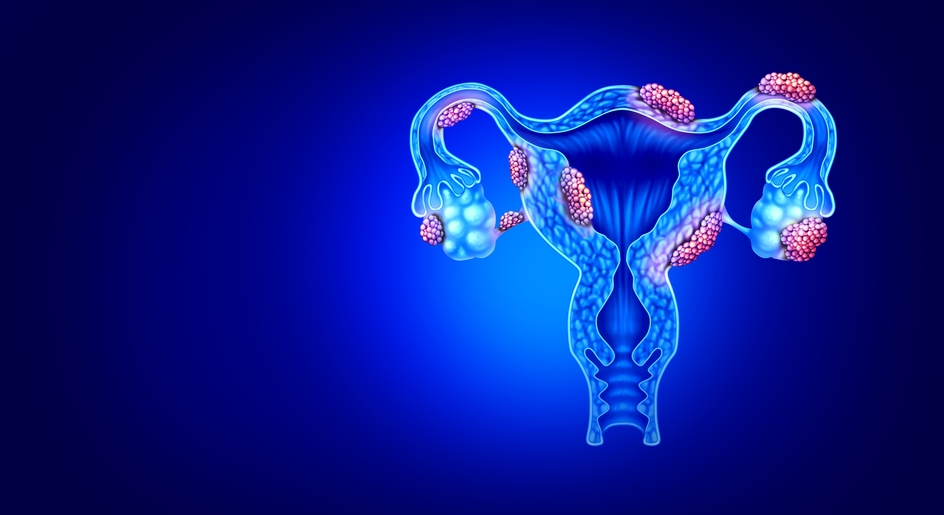Author: Dr. Ekawali Gupta MBBS, MS
Consultant: Obstetrician and Gynaecologist at Motherhood Hospital Mohali
Being underweight before pregnancy may indicate the need to gain more weight. This is particularly important for the growth and development of the baby. Weight gain is also an important factor for energy storage and making breastmilk after delivery.
According to Dr Ekawali Gupta, MBBS, MS, Consultant Obstetrician and Gynaecologist, the risks associated with being underweight or not gaining enough weight can be offset by starting to put on weight. Hence, being underweight and pregnant is not a big concern if you are getting adequate nutrition throughout your pregnancy. In such cases, you need to work with the best gynaecologist & obstetrician doctors in Mohali to ensure that your pregnancy sails smoothly.
Tips for Underweight Pregnant Women
If you are underweight before pregnancy, your doctor will ask you to gain a little weight. Additionally, women with a history of eating disorders or who have had nutritional deficiencies before conception will need additional nutrients during pregnancy. Working with the best gynaecologist & obstetrician doctors in Mohali can help you achieve appropriate weight gain and nutrition throughout your pregnancy.
Dr Ekawali Gupta suggests the following tips for encouraging steady weight gain during pregnancy:
- Eat small, frequent meals, especially if you have morning sickness.
- Do not skip your meals.
- Always eat breakfast.
- Consume high-calorie drinks including smoothies or milk alternatives with added protein powder.
- Snack on nutrient-dense, high protein diet like paneer, eggs, nuts and pulses.
In short, underweight women should target to add about 400 calories per day in the second trimester and 400-600 in the third trimester. In addition, taking prenatal vitamins with certain nutrients such as folic acid, calcium, and iron is essential for the healthy growth and development of your baby. The correct way to get adequate nutrition is by eating a variety of fruits, vegetables, whole grains, calcium-rich foods, and healthy fats.
Before including anything in your diet or making any change in your routine, make sure that you discuss it with the best gynaecologist & obstetrician doctors in Mohali.
Why is Pregnancy Weight Gain Important?
Some women may not gain adequate weight during pregnancy but it is critical for a growing baby. Understanding where this weight goes can help you understand its importance. The weight that you put on during pregnancy gets distributed as follows:
- Baby: 3.1 to 3.6 Kg
- Placenta: 0.4 to 0.9 Kg
- Amniotic Fluid: 0.9 to 1 Kg
- Uterus: 0.9 to 1 Kg
- Maternal breast tissue: 0.4 to 1.3 Kg
- Maternal blood volume: 1.3 to 1.8 Kg
- Fluids in the maternal tissue: 0.9 to 1.8 Kg
- Maternal fat and nutrient stores: 2.7 to 3.6 Kg
Most of this weight comes off quickly after delivery and the postpartum period. Any additional weight that you gain can also be lost. It, however, depends from woman to woman. Losing additional weight is usually supported by extended breastfeeding, regular exercise, and eating a well-balanced diet.
What is the Impact of Inadequate Weight Gain?
Inadequate weight gain during pregnancy can result in:
- Fatigue
- Anemia
- Morning sickness
- Preterm labour
- Risk of prematurity for baby
- Fetal growth restriction
- Inability to start and maintain breast feeding
- Risk of heart disease in baby
- Risk of high blood pressure and diabetes in the baby.
Having adequate weight gain during pregnancy is important to keep the baby healthy. Some women with eating disorders, however, find it difficult to gain weight. If you are underweight or have a history of eating disorders, consult Dr Ekawali Gupta at the Motherhood Hospitals.
At Motherhood Hospitals, we have a team of experienced supers specialists backed by the latest infrastructure and facilities. We have the best gynaecologist in Mohali. We are experts in handling complex deliveries, gynaecological, and other surgeries including a range of laparoscopic surgeries.
Do take an appointment with the best woman care hospital in Mohali at a centre closest to you. Meet with our doctors who will carry out the required investigations, diagnose the issue and recommend the most appropriate treatment, enabling you to lead an active life.
If you wish to get in touch with Dr. Ekawali Gupta, please book your appointment here.


 Toll Free Number
Toll Free Number

















